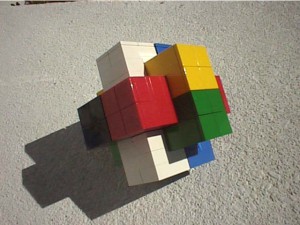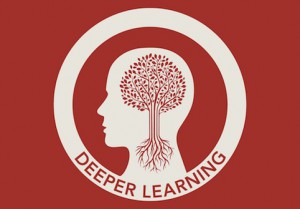 hool and at home, distinguishing the concept of respect from that of obedience. They define obedience as “following the directions of an authority figure,” an act that is based in fear and results in compliance. By contrast, respect means “holding the other person in high regard” and considering their feelings, an act that is based in a cooperative relationship. In schools, they suggest that teachers and staff model self-regulation and respect, connect with students before asking anything of them/correcting them, and listen to their students. Click here for tips about how to practice respect at home.
hool and at home, distinguishing the concept of respect from that of obedience. They define obedience as “following the directions of an authority figure,” an act that is based in fear and results in compliance. By contrast, respect means “holding the other person in high regard” and considering their feelings, an act that is based in a cooperative relationship. In schools, they suggest that teachers and staff model self-regulation and respect, connect with students before asking anything of them/correcting them, and listen to their students. Click here for tips about how to practice respect at home.A Little Respect!
 hool and at home, distinguishing the concept of respect from that of obedience. They define obedience as “following the directions of an authority figure,” an act that is based in fear and results in compliance. By contrast, respect means “holding the other person in high regard” and considering their feelings, an act that is based in a cooperative relationship. In schools, they suggest that teachers and staff model self-regulation and respect, connect with students before asking anything of them/correcting them, and listen to their students. Click here for tips about how to practice respect at home.
hool and at home, distinguishing the concept of respect from that of obedience. They define obedience as “following the directions of an authority figure,” an act that is based in fear and results in compliance. By contrast, respect means “holding the other person in high regard” and considering their feelings, an act that is based in a cooperative relationship. In schools, they suggest that teachers and staff model self-regulation and respect, connect with students before asking anything of them/correcting them, and listen to their students. Click here for tips about how to practice respect at home. Research: Eric
Research: Eric 
 ula utilized in schools today focus on cramming a vast quantity of content into students’ heads with the expectation that they will not only know it, but also be able to evaluate, apply, and think critically about it—all on a high-pace timetable. More focus is placed on what they know than how they think, with a worrisome sense that our kids won’t “know everything” by the time they’re 18. Our founder, Karen Fogle, notes that it’s important to step back and realize that children aren’t going to learn everything. As such, trying to teach them more than they can process is a waste of time and energy. Instead, it’s more valuable to cover less material and have it be remembered than cover a lot of material and have it be forgotten. Students need time to process information and figure out where and how to store it, otherwise they will have no memory of learning it and certainly no ability to use it to solve problems. In today’s world, there is no lack of information and very little need to memorize facts when they are at your fingertips. What’s really valuable is knowing how to access resources to gather what you need to know and be able to think critically about what you discover.
ula utilized in schools today focus on cramming a vast quantity of content into students’ heads with the expectation that they will not only know it, but also be able to evaluate, apply, and think critically about it—all on a high-pace timetable. More focus is placed on what they know than how they think, with a worrisome sense that our kids won’t “know everything” by the time they’re 18. Our founder, Karen Fogle, notes that it’s important to step back and realize that children aren’t going to learn everything. As such, trying to teach them more than they can process is a waste of time and energy. Instead, it’s more valuable to cover less material and have it be remembered than cover a lot of material and have it be forgotten. Students need time to process information and figure out where and how to store it, otherwise they will have no memory of learning it and certainly no ability to use it to solve problems. In today’s world, there is no lack of information and very little need to memorize facts when they are at your fingertips. What’s really valuable is knowing how to access resources to gather what you need to know and be able to think critically about what you discover.